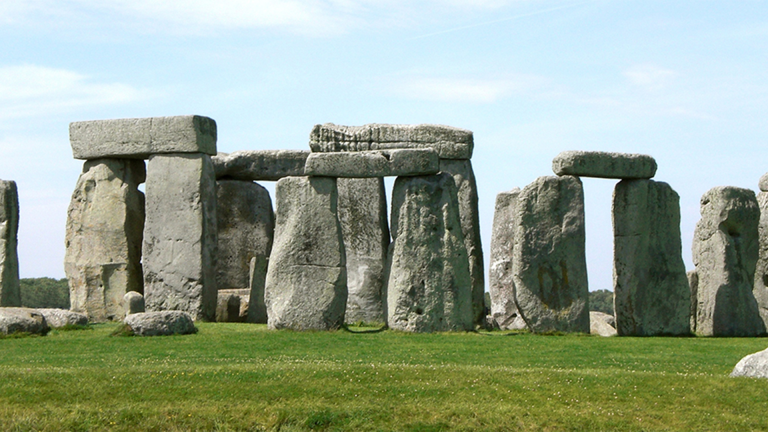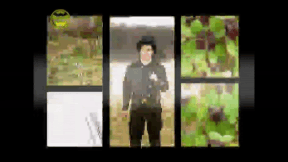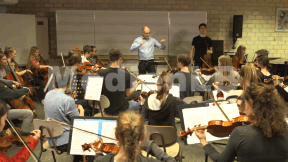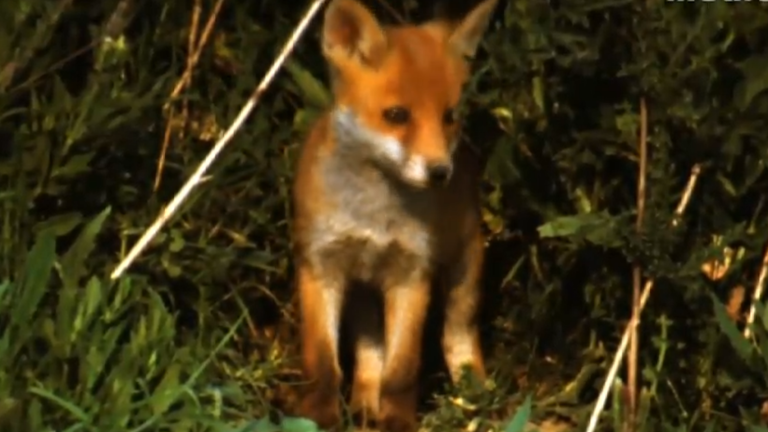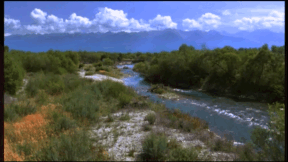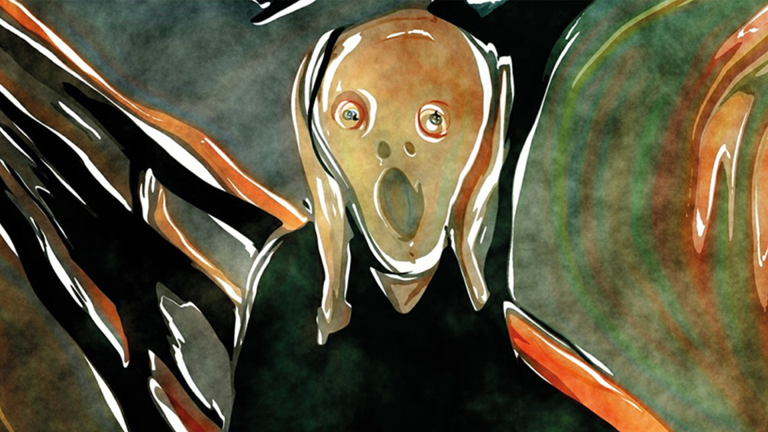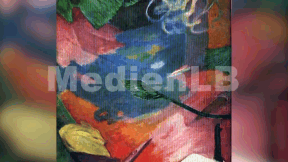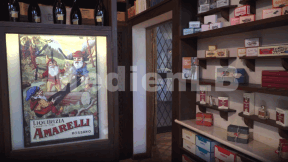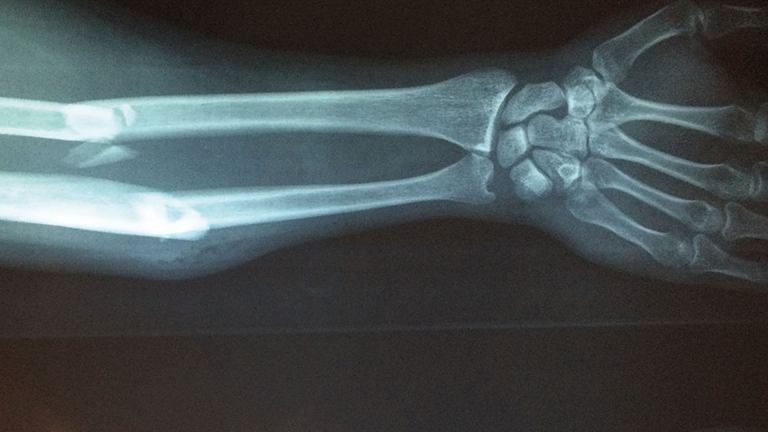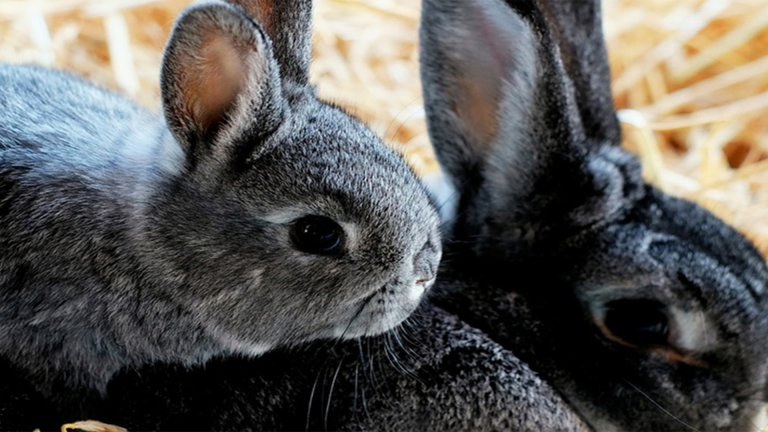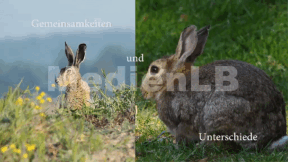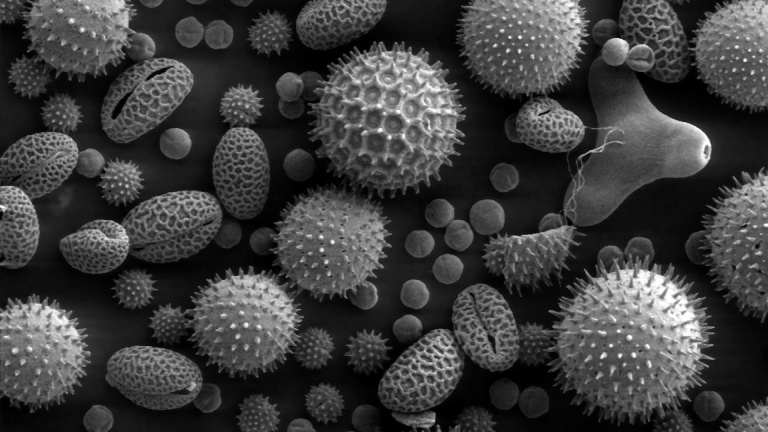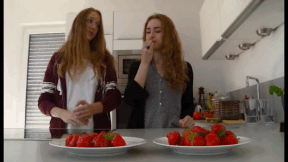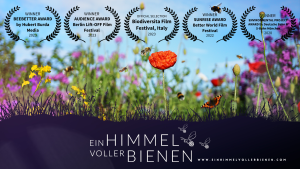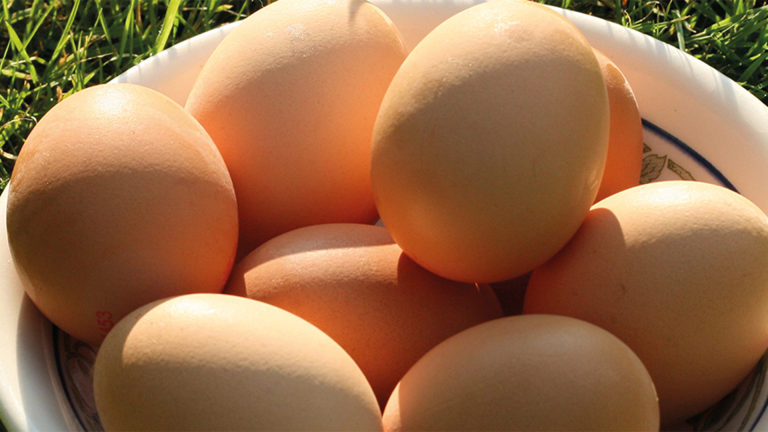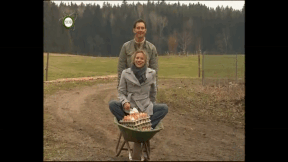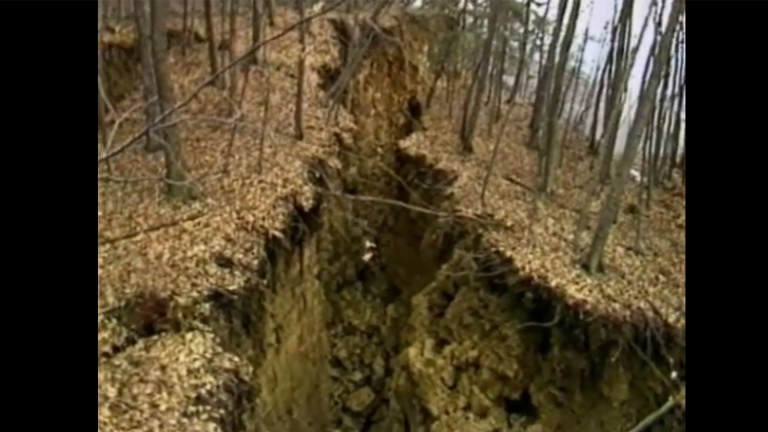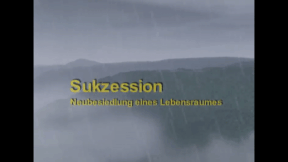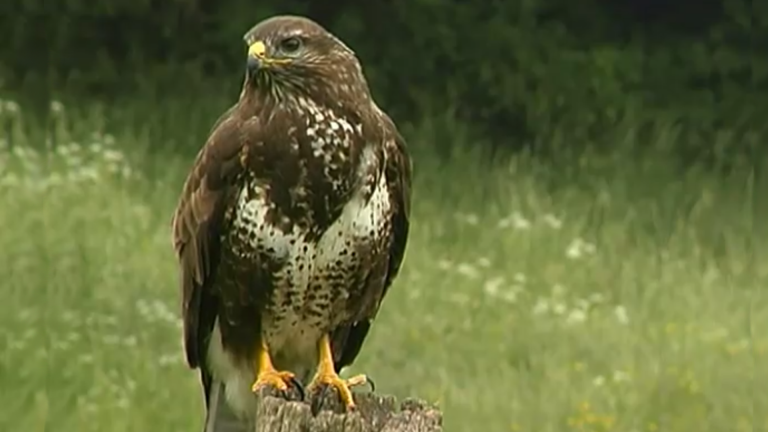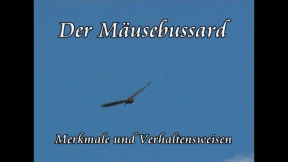Suche:
- # Artistry
- # Biology
- # Chemistry
- # Ecological
- # Economy
- # English
- # Foreign Language
- # Geography
- # German
- # Health
- # History
- # Informatik
- # Latin
- # Mathematics
- # Media Education
- # Music
- # Physics
- # Politics / Civics
- # Preschool
- # Primary School
- # Religion
- # Society
- # Sports
- # Technology
- # Training of Teachers
- # Vocational Education
Aberglaube
Glücksbringer, Geister, Horoskope – Fast jeder dritte Europäer ist in irgendeiner Weise abergläubisch. Doch was fällt eigentlich alles unter Aberglaube? Und ist jeder Aberglaube tatsächlich Hokuspokus? Manch eine Bauernregel kann z.B. mit einer meteorologischen Wettervorhersage standhalten. Die psychologische Wirkung von Glücksbringern ist auch nicht zu unterschätzen. Ob diese jedoch einem objektiven Test standhalten, ist fraglich. Dubiose Wahrsager bieten mittlerweile nicht mehr nur auf Jahrmärkten ihre Künste an, wobei sie allein mit einer geschickten Fragetechnik den Kunden auf Glatteis führen können.
Learn moreMusikinstrumente
Der Mensch kennt sie seit der Altsteinzeit. Es gibt sie in klein und in groß. Sie werden gestrichen, gezupft, geschlagen, geblasen.
Learn moreMy Favourite Colour Is Multi-coloured
Paintbrush: ”Hello kids! I am Colori. Being a paintbrush, I love all those vivid colours: red, yellow, green, blue ... just all of them! Don't you like it colourful, too? Great! When I was painting, I thought that I'd like to know where all these fantastic colours we see come from. Why are meadows green? And why is a fire engine red? Why isn't a banana blue? And why is a rainbow always colourful? Would you like to know that, too? Great, then I'll tell you what I've found out!" Imagine for a moment that there were no colours. If nothing in this world had a colour, that would be quite boring and sad. No colourful flowers, no coloured butterflies, even your ice-cream on a sunny day would just be grey.
Learn moreAlpine Animals
The Alps are the highest German mountain range and the highest mountain range in Europe. They are an important habitat for plants and animals. We learn that mountains do not look the same from the valley to the peak but that plants and animals adapt to different altitudes.
Learn moreExpressionism
The expression of a painting is meant to depict the artist’s inner world and bring it out. Nature is not simply portrayed as it presents itself to the viewer. Colours play a very important role here because they serve as a medium to express the innermost feelings in a picture. This effect has been achieved by the Expressionist artist Ernst Ludwig Kirchner in the painting “Staberhof Farm on Fehmarn“ of 1912.
Learn moreKräuter und Gewürze
Das Wort Kräuter kommt von Kraut. Als Kraut bezeichnet man meist die oberirdischen Teile einer Pflanze, aber was ist mit den Wurzeln? Das Wort wiederum steckt in Gewürz. Blattgewürze werden nur als Gewürz bezeichnet, wenn sie getrocknet sind. Im frischen Zustand zählen sie zu den Kräutern. Fest steht, eine klare Abgrenzung gibt es nicht. Viel wichtiger ist es, ein paar Kräuter und Gewürze zu kennen, um sie im Alltag richtig einzusetzen.
Learn moreHare and Rabbit
How do we distinguish between a hare and a rabbit? At first sight, both look confusingly alike for both have long ears and a stumpy tail.
Learn moreAllergies
The flowering spring meadow, the cute cat from the neighbour’s garden or the bowl with strawberries are a source of joy to most people.
Learn moreHuhn und Ei
Erstaunliche Zahlen im Zeitalter der Vogelgrippe: Über 18 Milliarden Eier werden jährlich in Deutschland verzehrt und über 10 Kilo Geflügelfleisch landen durchschnittlich im Magen eines jeden Bürgers. „Schau Dich schlau!“ widmet sich heute einer der leckersten Erfindungen der Natur: dem Ei und dem Huhn.
Learn moreSuccession
At the Hirschkopf near Mössingen, on April 13, 1983, 700,000 truckloads of rock slid down into the valley – a “biological ground zero” was created. After more than 20 years, the slide area has developed from a hostile scree desert devoid of humus into an ecological treasure and was included in the UNESCO list of national geotopes. This DVD gives an insight into the principles of natural balance and shows symbioses as well as the fight for survival in flora and fauna. This example enables the pupils to directly experience a succession – the resettlement of a biotope – over the course of twenty years. Diverse pictures and rare close-ups offer the pupils a new approach to the indigenous flora and fauna. This DVD is divided into six chronological chapters that can be accessed individually via the menu. Moreover, it offers additional pictures and extensive accompanying material to allow a more detailed discussion of the topic at school.
Learn moreThe Common Buzzard
The common buzzard is a well-known native bird of prey. You can often see it flying above fields or sitting by the roadside. But what are the typical characteristics and behaviour patterns of the common buzzard? The film covers the biological classification of the common buzzard, its characteristics and behaviour. The origin of its name is explained just as the classic characteristics, by means of which the common buzzard can be identified. We can see the common buzzard in its natural habitat, learn something about its hunting methods and its prey. Spectacular pictures show carrion crows and magpies, which “mob” the common buzzard as a direct rival for food. The hunter becomes the hunted. The reproduction of the common buzzard is covered, too. We observe the buzzard couple during nest-building and breeding. We accompany the chicks when they train their flight muscles and make their first attempts at flying. Together with the comprehensive accompanying material, this medium is perfectly suitable to get to know and appreciate our native common buzzard!
Learn more



